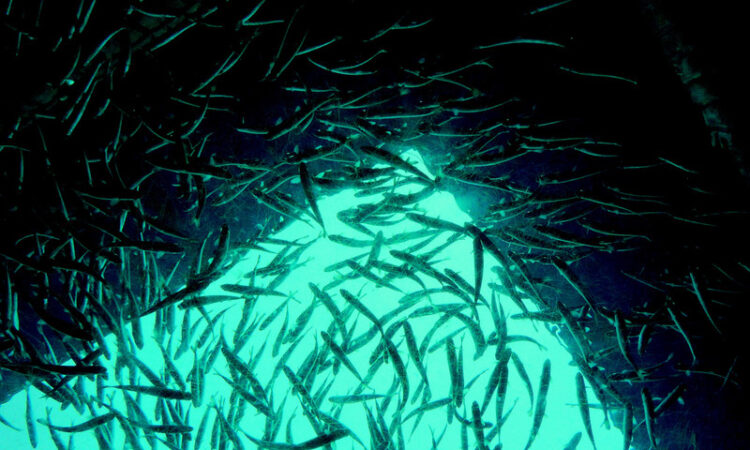
EU plans to secure its own supply of raw materials got approval in a plenary vote in the European Parliament on Thursday (14 September).
The legislation is meant to reduce reliance on China, which dominates the metals market, such as cobalt, lithium, and boron used to produce batteries and wind turbines.
“We’re in geopolitically stormy waters,” said German liberal MEP Nicola Beer, who is leading the file, adding that the EU is 99 percent dependent on China for its rare earth supply.
“[The EU is] confronted with Chinese export restrictions on germanium and gallium,” she said. “We cannot allow that to be the case,” she added.
The latest iteration of the so-called Critical Raw Materials Act establishes that 15 percent of domestic demand should be met by recycling by 2030, and 50 percent has to be processed within the EU, up from nearly nothing today.
The law is being rushed through the legislative process because many in Brussels deem it essential to respond quickly to Chinese dominance.
The final text was approved by a large majority, with 515 MEPs backing it against 34 opposed and 28 abstentions.
But the approved text also includes precautionary language against deep-sea mining, which some extraction companies have pushed as solutions to meet future rare earth demand, and which, according to the International Energy Agency in Paris, could rise by 40 percent by 2040.
But the plenary text published on Thursday warned that “deep sea mining will most likely result in damage to ecosystems and a permanent loss of biodiversity,” calling for a moratorium on deep-sea mining since the impact on marine ecosystems has not been researched.
EU member states and the European Parliament will now enter a final round of negotiations to try to agree the text before the end of the year.
There may still be some scope for lobbyists to influence the outcome. Some like the Metals Company, a Canadian mining operation, are lobbying heavily for the acceptance of deep-sea mining.
“People think we are debating if deep sea mining should happen or not, and that’s gone. It’s happening,” said the Metals Company CEO Gerard Barron recently.
But Europe’s top science panel called for a moratorium on deep-sea mining in a report released in June.
And negotiators from France, Germany, Portugal and Ireland have all spoken out against deep-sea mining.
“The plenary vote today in the European Parliament is another strong signal against deep-sea mining,” said Steve Trent, CEO of the Environmental Justice Foundation, a London-based NGO.
“EU Member States have a real opportunity to safeguard our futures by ensuring that the door is closed to materials exploited from the deep sea,” he added.






